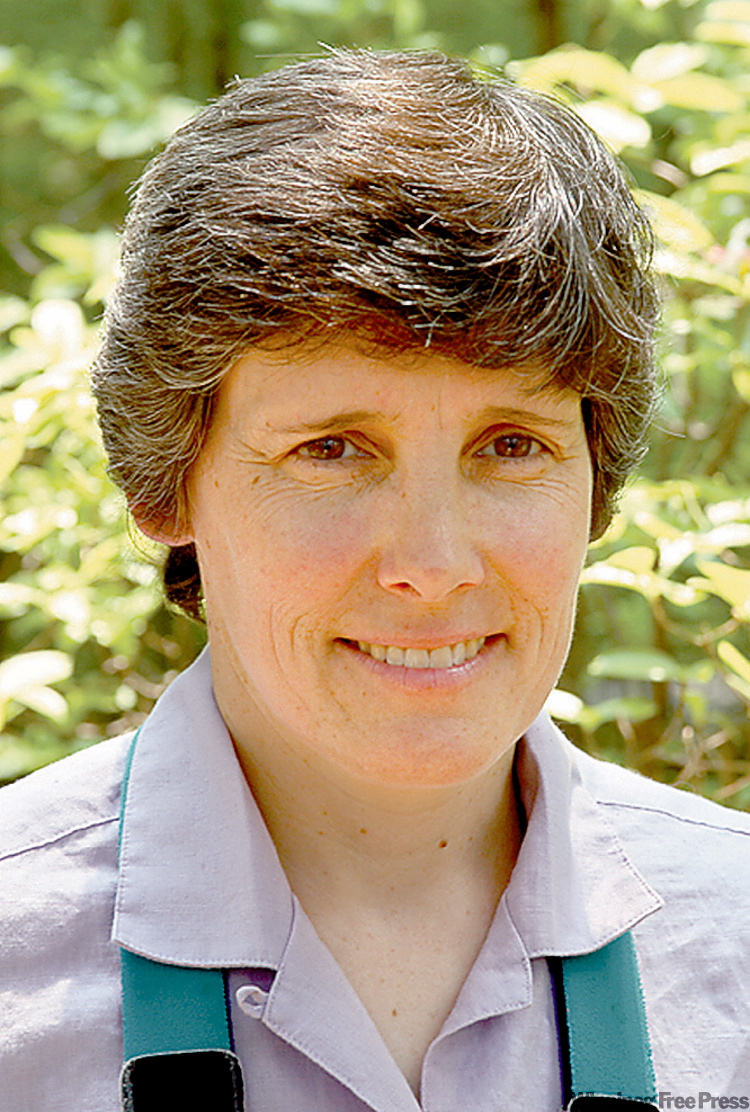‘Bird detective’ beguiles with graceful prose
Advertisement
Read this article for free:
or
Already have an account? Log in here »
To continue reading, please subscribe:
Monthly Digital Subscription
$1 per week for 24 weeks*
- Enjoy unlimited reading on winnipegfreepress.com
- Read the E-Edition, our digital replica newspaper
- Access News Break, our award-winning app
- Play interactive puzzles
*Billed as $4.00 plus GST every four weeks. After 24 weeks, price increases to the regular rate of $19.00 plus GST every four weeks. Offer available to new and qualified returning subscribers only. Cancel any time.
Monthly Digital Subscription
$4.75/week*
- Enjoy unlimited reading on winnipegfreepress.com
- Read the E-Edition, our digital replica newspaper
- Access News Break, our award-winning app
- Play interactive puzzles
*Billed as $19 plus GST every four weeks. Cancel any time.
To continue reading, please subscribe:
Add Free Press access to your Brandon Sun subscription for only an additional
$1 for the first 4 weeks*
*Your next subscription payment will increase by $1.00 and you will be charged $16.99 plus GST for four weeks. After four weeks, your payment will increase to $23.99 plus GST every four weeks.
Read unlimited articles for free today:
or
Already have an account? Log in here »
Hey there, time traveller!
This article was published 17/04/2010 (5652 days ago), so information in it may no longer be current.
The Bird Detective
Investigating the Secret Lives of Birds
By Bridget Stutchbury

HarperCollins, 250 pages, $33
A "bird detective"? It sounds like something the animators at Disney or Dreamworks would cook up. Sam Sparrow, Private Eye. Voiced by Jim Carrey.
In fact, this engaging volume of popular ornithology does something quite different. Animators romanticize birds; they project human emotions and behaviour onto them.
Bridget Stutchbury, a York University biologist, is more interested in de-mythologizing them. Birds are not cute or goofy or lonesome or cocky.
Stutchbury is, after all, a Yale PhD. She conducts experiments to figure out exactly what birds are up to and determine what causes them to act the way they do.
More accurately she’d be called the Avian Biology Professor or the Ornithologist, the Behavioural Ecologist or even the Bird Scientist. But how many books would those monikers sell?
Stutchbury’s special gift is to be able to describe her work in fascinating and graceful prose that will beguile even those who can’t tell the difference between an eagle and an egret. To do this she enlists the help of a worldwide network of students and colleagues.
Her previous book, 2007’s Silence of the Songbirds, established her credentials as a popular stylist and serious ecologist. It focused on the alarming rate at which birds were disappearing and was short-listed for a Governor General’s Literary Award for non-fiction.
In The Bird Detective, Stutchbury avoids the doomsday scenario of her previous book, but it is always bubbling just beneath the surface.
She and her colleagues are interested in the behaviour and ability of birds to adapt because the future of diminishing bird species depends on it.
Here she turns her attention to debunking two popular myths: "free as a bird" and "mated for life."
The main "secrets" she exposes are that birds have very few options when it comes to mating behaviour, that they "cheat" on their mates, many of them regularly and openly, and often "divorce."
People who look to birds for moral confirmation of the sanctity of monogamous marriages will be sorely tested by the findings of this book. Unless they focus on birds in the tropics.
It seems that birds that remain in one warm spot year-round are more faithful than migratory bids that journey to temperate zones. DNA tests have proven that hatchlings in one nest usually have more than one father.

Stutchbury’s subjects include birds from around the world: from hooded warblers to penduline tits (as unfaithful as athletes and Hollywood actors), from vasa parrots to flamingoes (99 per cent divorce rate).
Did you know that purple martin females prefer older mates?
You might know that birds see and hear better than humans. But, did you know that birds that hatch first sing better and are therefore more attractive as mates?
You may be able to distinguish a chickadee’s song from a white-throated sparrow’s, but can you hear the difference between an urban chickadee’s song and a rural one?
It seems that urban birds have adapted their vocalizations to cope with the ambient noise of the city.
Speaking of chickadees, you probably didn’t realize that young chickadees have a better chance of advancing and finding better mates if they switch flocks during their "floater" times.
Bird biologists have made some intriguing discoveries over the past 40 years. Stutchbury presents dozens of these studies and their results in very readable form.
There is hardly a page on which even experienced birders won’t find some fascinating new piece of information.
University of Manitoba film professor Gene Walz is a longtime birder.

